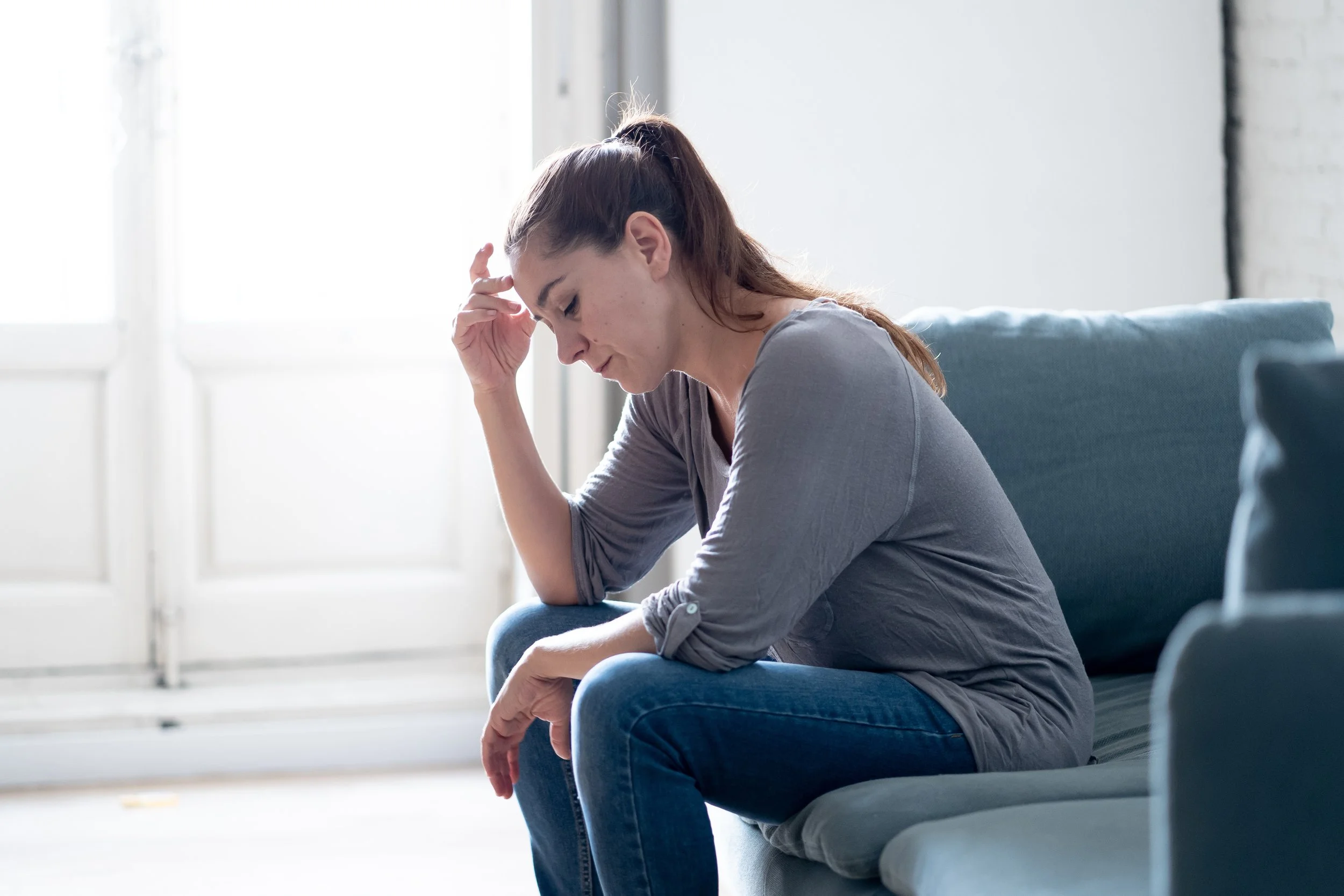Anal fissures are wounds that occur in the anus and anal opening; they can be incredibly painful and take a long time to heal. Some common questions we hear at the Colorectal Clinic of Tampa Bay include: how long does it take for an anal fissure to heal, why is my fissure not healing, and how can I fix a fissure at home? Let’s cover each of these questions and more.
How Long Does It Take for an Anal Fissure to Heal?
It shouldn’t take longer than five to six weeks for your anal fissure to heal or improve at home. Sometimes, complete healing will take longer, depending on how large your fissure was. However, you should see improvement every week; this is an important indicator that your anal fissure is getting better.
Why Is My Fissure Not Healing?
If you aren’t seeing an improvement every week, there may be another issue at play. Take a look at how well you have been sticking to your at-home treatment regimen. If you haven’t been following your treatment plan 100%, try returning to the basics. If improvement still isn’t noted, get in touch with your doctor about all of your anal fissure treatment options.
Will I Need Surgery for My Anal Fissure?
The vast majority of anal fissures do not require surgery. You will only need surgical treatment if your anal fissure does not heal on its own or if it gets severely infected. These are unlikely scenarios, especially if you care for your anal fissure properly at home.
How Can I Fix a Fissure at Home?
Fixing your anal fissure at home is a simple process that mostly requires that you leave the area alone. Here are a few tips to help you manage your anal fissure at home:
Dramatically increase your intake of fiber through both dietary and supplementary means. Both are beneficial in different ways.
Keep the area around the anus clean without rubbing or scratching. Moist cotton swabs in a dabbing motion are the best course of action.
Take over-the-counter supplements to help you pass stool more gently and without straining. If you are experiencing irritating diarrhea, taking anti-diarrheal medication may help – just don’t take too much and cause constipation.
Try sitz baths once daily (or more frequently if you have the time).
If you are in pain, topical anesthetics such as witch hazel or hemorrhoidal creams can be beneficial.
NSAIDs are also beneficial for those who have inflammation and pain around the anus, but be careful – they can cause constipation.
Cut dairy products out of your diet while your anal fissure heals. Dairy products are highly binding foods and will contribute to straining during bowel movements.
How Can I Prevent Anal Fissures from Coming Back?
A few of the above pointers can also be applied to your lifestyle for maximum effect. For example, eating a diet high in dietary fiber is a great start. Maintaining personal hygiene is also important, as is avoiding straining during bowel movements.
Keep in mind that if you take certain supplements like iron or take certain drugs (NSAIDs, antihistamines, some antidepressants, or opioids), constipation is a common side effect. You may need to take stool softeners on a regular basis if this is the case.
When Should I See a Doctor?
If you suddenly start to feel ill, develop a fever, or your symptoms suddenly worsen after not improving at all, you should seek a doctor. Colorectal specialists will be able to help you with issues specifically related to anal fissures, but emergency care may be necessary if you are experiencing high fever, crippling pain, nausea, vomiting, or excessive bleeding from the anus.
Is There a Colorectal Specialist in Tampa Bay?
Here at the Colorectal Clinic of Tampa Bay, our colorectal specialists see many patients with anal fissures. While the first course of treatment recommended is usually a “wait and see” approach at home, a specialist will be able to tell you if additional care may be needed. Get in touch with our team of experts today.

